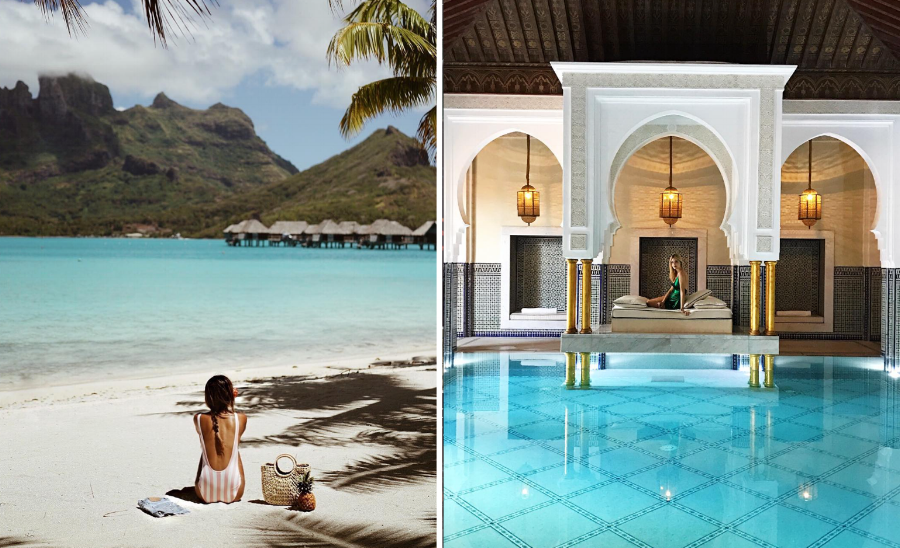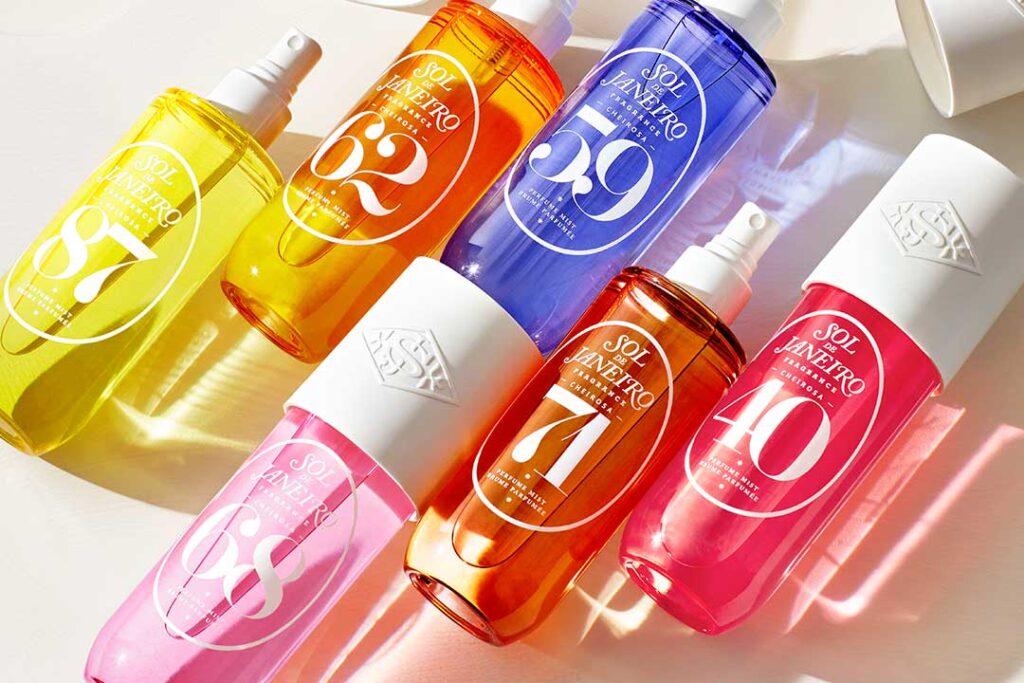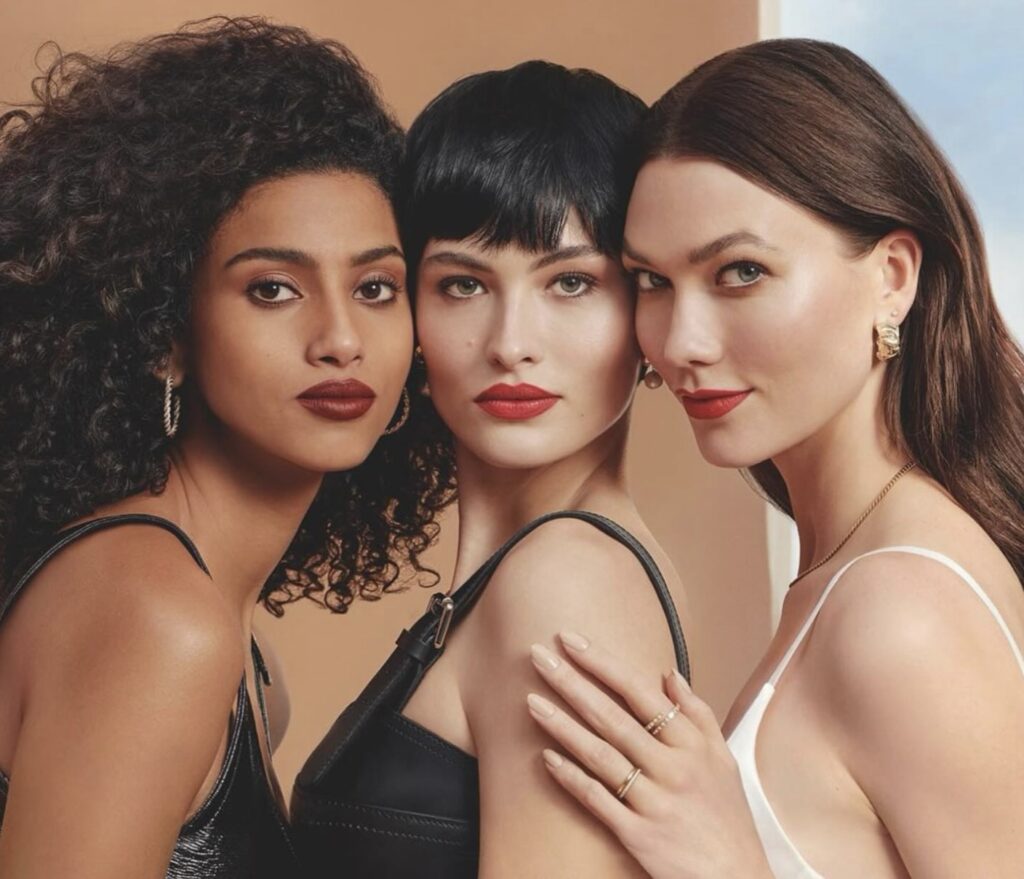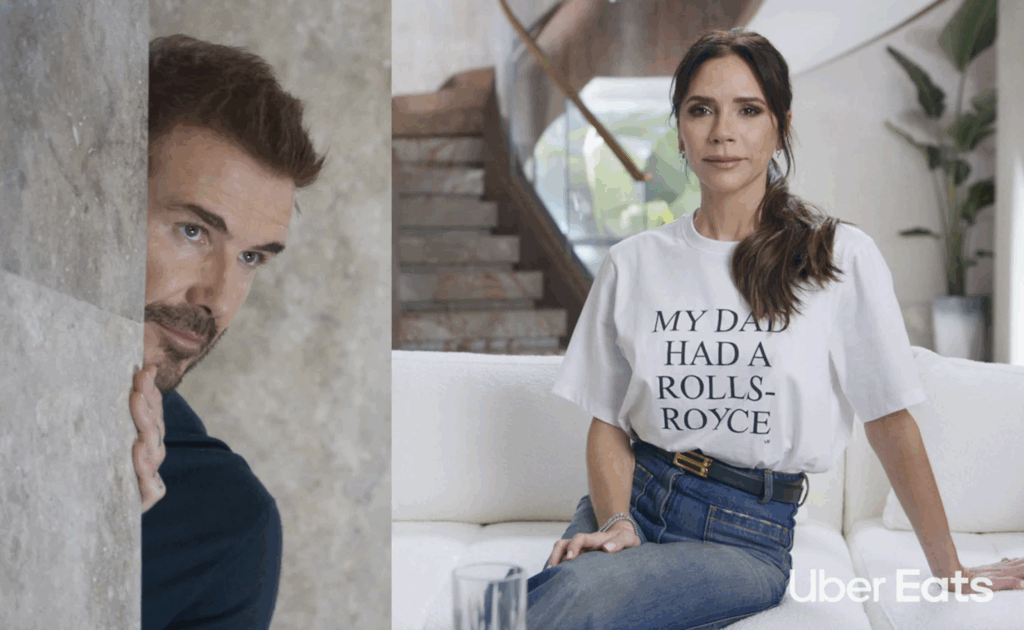
images: @sincerelyjules, @chiaraferragni
You see that tag on your favorite influencer’s photo identifying the hotel that is playing host to his/her idyllic tropical sojourn? That is almost certainly not there by chance. Luxury hotels – much like high fashion brands – have taken to footing the bill for social media stars as a way of advertising to a pool of primarily millennial consumers.
In fashion, Instagram endorsements tend to follow from brands gifting of gifting influencers pricey garments and accessories. For hotels, this includes all-expenses paid luxury getaways. In both instances, when such behind-the-scenes dealings are not disclosed, the resulting social media posts can run afoul of advertising laws both in the U.S. (where the Federal Trade Commission requires that advertisers and promoting parties disclose when there is compensation, including free gifts or trips, at play) and abroad.
While this new(ish) flurry of travel-related Instagram posts are some of most infrequently disclosed types of “collaborations” between influencers and companies – i.e., you will not find much disclosure language, such as #ad, in the captions promoting hotels across the globe on your favorite influencer’s Instagram account – it is, nonetheless, an increasingly commonplace marketing tactic.
Insta-Travel
As Fortune wrote in 2015, “In the age of Twitter and texting, luxury properties are trying to keep their cool” by providing influencers with international trips in a very regular basis. The publication name-checked Marianna Hewitt, “a lifestyle blogger, who goes on an international trip about once a month.”
This spring, writes Fortune’s Sheila Marikar, Hewitt “spent five days at The Mulia Resort in Bali, Indonesia, where rooms range from around $400 to $1,000 per night. Thanks to her more than 396,000 Instagram followers [her follower count in 2015; she now boasts nearly 800,000 followers], Hewitt says she was invited to stay for free; her entire stay was comped by the hotel in exchange for a little love on social media.”
“The Ritz Carlton, Triumph Hotels, Gurney’s Montauk, and the Mulia resort in Bali are just a few of the properties reaching out to people, with huge followings on Instagram and other social networks, treating them to trips for as long as a week in exchange for a few flattering posts,” per Fortune.
Such trips are an opportunity for hotels, such as The Mulia Resort, to have their properties advertised to hundreds of thousands, if not millions, of individuals, who trust their influencer of choice’s taste in everything from clothing and beauty products to travel. As we noted earlier this week, social media influencers have come to serve as additional members of the circle of family/friends that people traditionally look to when considering styling tips, new beauty products, and in the case at hand, travel destinations and accommodations.
Additionally, these trips result in ample content that the hotels can use on their on websites and social media accounts to promote their outposts. According to a spokesperson for the Mulia Bali, “The influencers produce their own editorial styling, modeling, editing of what one weekend at the Mulia looks like, which may influence our potential guests to consider staying with us more than other resorts using traditional print ads with photos of empty rooms.”
Not all Good
While hotels, such as the Mulia Bali swear by the attractiveness of influencer marketing, there appears to be a growing backlash. This week, an Irish hotel has formally banned all influencers after a 22-year-old YouTuber asked for a five-night free stay in exchange for featuring the establishment on her YouTube cannel and other social media accounts. According to Paul Stenson, the owner of Charleville Lodge in Dublin, Elle Darby, a UK-based social media influencer, with 87,000 YouTube subscribers and 76,000 Instagram followers, reached out asking if he was interested in a “possible collaboration.”
Stenson says he received an email from Darby that read, in part, “As I was searching for places to stay, I came across your stunning hotel and would love to feature you in my YouTube videos/dedicated Instagram stories/posts to bring traffic to your hotel and recommend others to book up in return for free accommodation.”
Declining, Stenson had some choice words for Darby, including: “If I let you stay here in return for a feature in a video, who is going to pay the staff who look after you? Who is going to pay the housekeepers who clean your room? The waiters who serve you breakfast? The receptionist who checks you in? Who is going to pay for the light and heat you use during your stay?”
“Maybe I should tell my staff they will be featured in your video in lieu of receiving payment for work carried out while you’re in residence?,” he wrote. The message concludes: “P.S. The answer is no.”
On the heels of receiving no shortage of backlash (including a slew of damning reviews on travel sites) after refusing to accept Darby’s offer, Stenson has banned all influencers from Charleville Lodge, saying, “The sense of entitlement is just too strong in the blogging community and the nastiness, hissy fits and general hate displayed after one of your members was not granted her request for a freebie is giving your whole industry a bad name.”
“I never thought we would be inundated with negative reviews for the simple reason that somebody was required to pay for goods received or services rendered,” he further noted.
Speaking more generally to the ethics of such often-undisclosed and likely biased travel posts, Stenson poignantly notes that the controversy with Darby is indicative of a larger issue, particularly in connection with undisclosed posts that result from free getaways. “It puts into question the authenticity of influencer marketing,” he said, in large part because Darby “would have spoken nicely about the hotel only because she was getting it for free.”
* This is the latest in a series of articles – entitled, The Business of Influence – dedicated to exploring the state of influencer marketing, which you will find this week on TFL.














